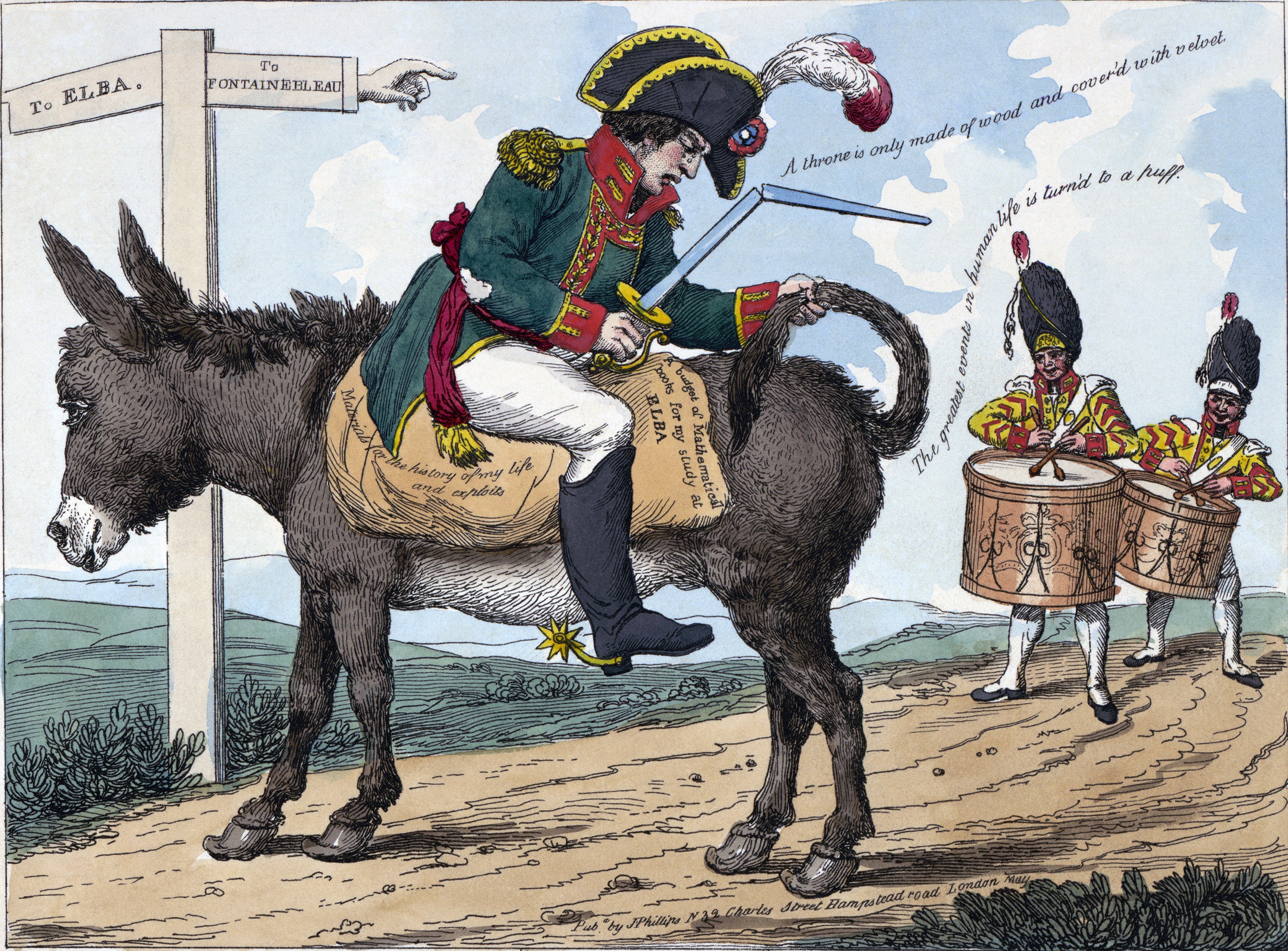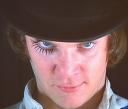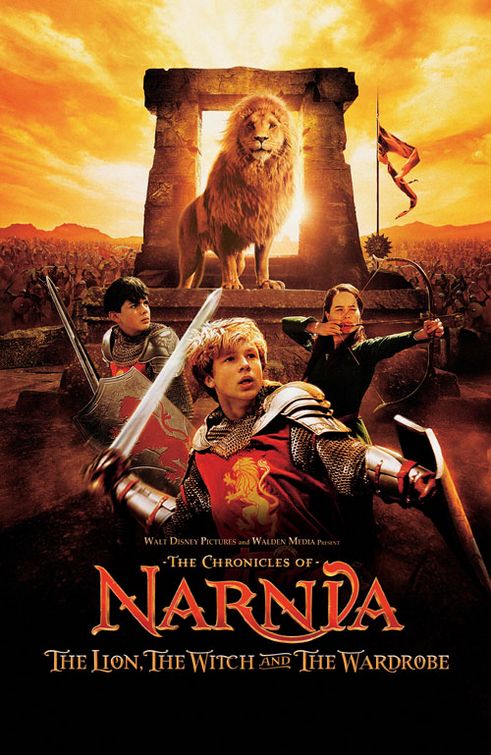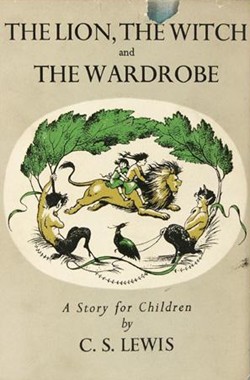
Although there were many major contributors to the French Revolution, none have contributed more to it and yet few, if any, revolutionaries have destroyed more of its central ideals than Napoleon Bonaparte. He started training in military school as an artillery officer and the French Revolution was his first test. He saved the Convention from insurrection and was, in result, promoted and given command of the French army that was fighting in Italy against Austria. Napoleon took even greater power by the 1799 coup d'etat€”that of a military dictator. But Napoleon, in his greed, wanted more. So in December of 1802, he crowned himself emperor of France. During his time of rule of France, Napoleon showed that he was a child of the revolution because he upheld many of its ideals. While Napoleon was a child of the revolution because he restored the early revolutionaries' economic and social policies, he destroyed the ideals by nullifying the people's voice in politics, in newspapers, and in other forms of expression and for this, he can be considered a villain of the Revolution's ideals.
Napoleon, while giving the people what they desired, also took away the freedom of speech, press, and their voice in politics. Napoleon elected himself to the position of emperor in 1802. This provided France with a strong, centralized government. Although it seems like he was doing this for only the benefit of France, he also dominated as the emperor. Napoleon's declaration of emperor gave him supreme power with no governmental checks. He took away the peoples' voice in politics, something that the people strived for during the revolution. Napoleon also severely limited the peoples' voice through press controls. In 1799, the number of newspapers in France was over 60, but in 1814, that number dropped to four. All printers and booksellers had to swear oaths of allegiance to Napoleon. People could not express their negative ideas about France because of this. Napoleon destroyed the revolutionaries' dreams of having free speech and press and can be considered a villain as a result.
The Code Napoleon provided many people with benefits but the workers, for the most part, were denied certain rights. The Napoleonic Code denied collective bargaining, which cheated the workers out of money because they could not negotiate wages. The Napoleonic Code also outlawed trade unions. These two laws prevented the workers from joining together. Napoleon wanted supreme rule over everyone and the fact that the workers cannot change their wages or hours proves this. Napoleon wanted nothing to change or fluctuate during his rule. The Napoleonic Code prevented workers form joining together and thus destroyed the chance of people making more money and the revolutionary ideal of advancing through society.
Napoleon Bonaparte was most certainly a child of the French revolution and kept many of the revolution's ideals such as improving economy and putting an end to serfdom; but he also destroyed the ideal of a completely free people. Napoleon Bonaparte increased the economy through improvements with bank and in commerce. He created social equality through the classes with meritocracy and abolished of serfdom. He kept these ideals of the revolution but he destroyed many others such as the ideal of freedom of speech and press. Napoleon Bonaparte was a child of the revolution in so many ways, yet he destroyed many revolutionary ideals during his reign as emperor. He is also notorious for leading the French into many wars, which resulted in millions dead and a bankrupt France. For all of these reasons and his greed for power, Napoleon may be considered a villain.










